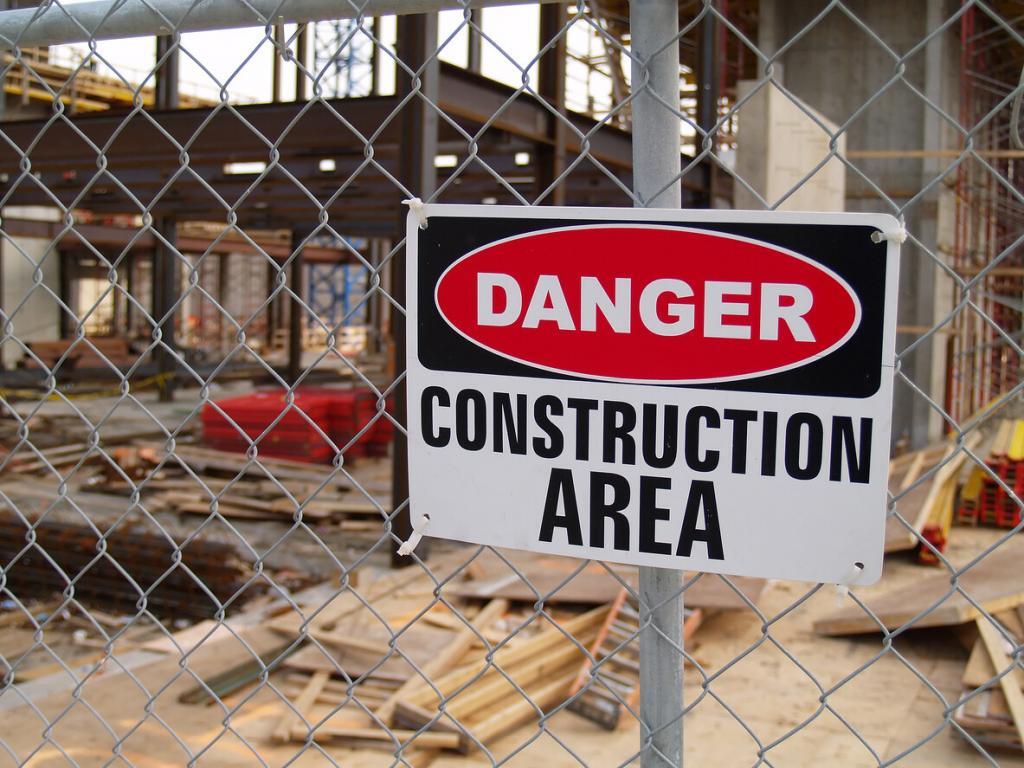Working in the construction industry is often dangerous, and its workers are at an increased risk for TBIs and their consequences.

A 2016 report made by the National Institute for Occupational Safety and Health (NIOSH) found that the construction industry has the highest number of traumatic brain injuries in the US workplaces, both fatal and nonfatal. The report mentions that between 2003 and 2010 there were over 2,200 TBI-related deaths, which accounted for 25% of all fatalities in the construction industry.
Construction workers are more at risk of these types of injuries than any other occupation in the country. TBI’s are extremely serious injuries that require immediate medical attention, especially because they can lead to disabilities, permanent damage, or even death.
Understanding the 3 Levels of Severity
A traumatic brain injury can damage the brain and cause it to stop working properly. It may be the result from a blow to the head or a strong jolt that causes the brain to hit itself on the walls of the skull.
Medically speaking, there are 3 levels of TBI severity:
- Mild TBI – These injuries generally result in loss of consciousness for a few minutes, but not all the time. They can make the worker seem confused or disoriented and be diagnosed with a concussion or whiplash. Mild does not necessarily mean the worker is out of harm’s way, however, as they will still require medical attention to see the extent of the injury.
- Moderate TBI – With a moderate TBI, the injured worker will most likely lose consciousness and it can even last for a few days. This is where the repercussions get more damaging, as a moderate TBI can even result in permanent physical, behavioral, or cognitive damage. In some cases, these effects can be reserved through long-term treatment.
- Severe TBI – A severe TBI generally results when there is a crushing blow to the head or the skull and brain have been penetrated. This is the most life-threatening form of a TBI, and the victim will likely not make a complete recovery from it, as the brain suffers direct damage. If they survive, they will most likely have a permanent disability.
All Require Immediate Medical Attention
Especially in the case of mild TBI’s, initial symptoms may be slow to appear, in which case the injured worker is sent home after they got hurt. However, any head injury should be cause for concern, and your best option is to see a doctor right after the event and get a consultation. The sooner you intervene, the more likely you can avoid permanent damage.
You Deserve Compensation Now
TBIs, no matter their severity, require extensive medical treatment, and if your injury took place at work, legally you are entitled to worker’s comp benefits. If you or a loved one suffered a TBI that resulted in temporary or even permanent damage, please contact a St. Louis workers compensation lawyer for legal support on how to receive compensation benefits.
